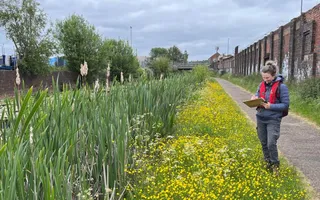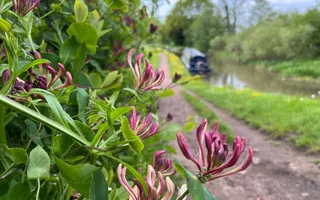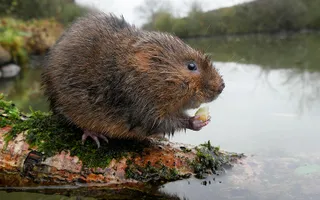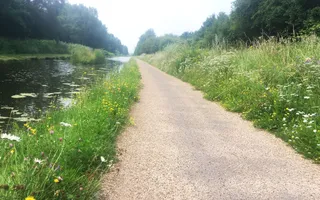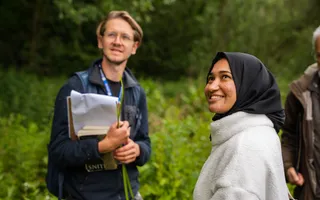Reedbeds are a UK priority habitat for conservation. They support an abundance of species and groups, including the water vole, harvest mouse, otter and grass snake, as well as fish, amphibians, nesting birds (such as sedge warbler and reed bunting), and invertebrates (such as dragonflies and moths).
Improving reedbeds
Reedbeds are ‘single species’ wetlands, made up of over 60% common reed (phragmites australis), which can grow up to two metres tall. They can act as natural water filters, improving water quality and trapping sediments, and improve open water habitats.
Over 40% of reedbeds have been lost in England since 1945 due to threats from land drainage, habitat fragmentation, land development, pollution and lack of management - and they are still declining rapidly.
We will be creating new reedbeds by taking seeds, seedlings and/or rhizomes (a horizontal underground plant stem that produces shoots and roots of a new plant) from nearby donor sites and planting them in suitable areas. If required, we will create permanent wet areas by amending the existing ground to create 'scrapes' - where we remove some of the soil and allow it to fill with water.
Another option for creating reedbeds will be through the installation of coir rolls planted with common reed, where inhospitable or hard concrete banks will not allow plants to grow.


